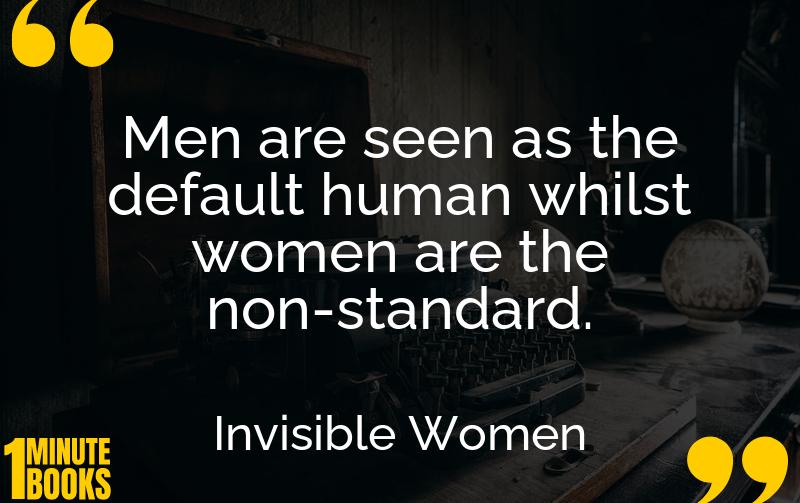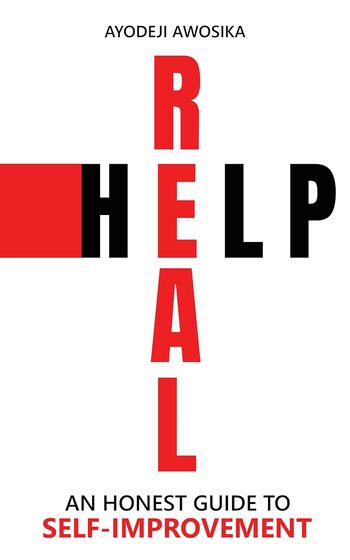
Invisible Women explores the hidden biases in data-centered decision-making that marginalize women, making a strong case for gender-inclusive data collection to create a more equitable world.
Main Lessons
- Data bias results in a world designed predominantly for men, neglecting women’s needs.
- Women’s unique requirements are often overlooked in urban planning and public services.
- Unpaid labor by women is undervalued and largely unrecognized in economic analyses.
- Politics often marginalizes women’s voices, impacting policy decisions.
- Men are generally considered the ‘default,’ marginalizing women as secondary.
- Bias in workplace dynamics often leads to inequitable work conditions for women.
- Caroline Criado Perez emphasizes the importance of source-backed claims for credibility.
- Education is pivotal for generating awareness and initiating societal change.
- Emotional engagement with the book reflects the gravity of the data presented.
- Readers are encouraged to question and analyze societal structures critically.
- The book serves as a tool for empowerment, urging societal re-evaluation.
- Solution-driven approaches are sidelined in favor of exposing systemic issues.
- The narrative challenges comfort zones, urging reflection and reform.
- Persistent underrepresentation of women in data leads to flawed societal systems.
- Collective enlightenment is an essential step towards gender equality.








